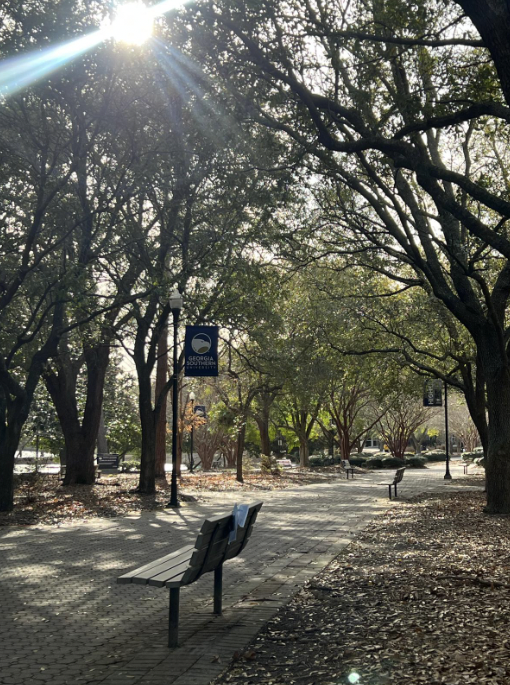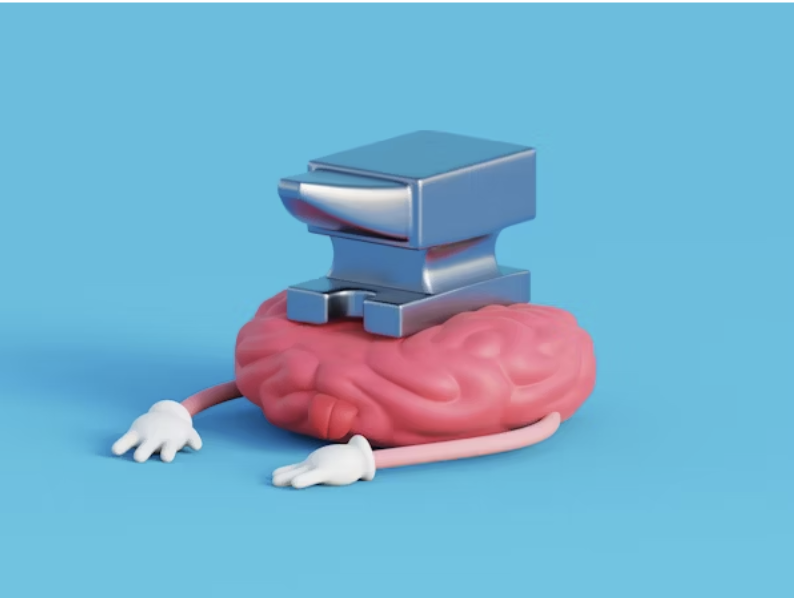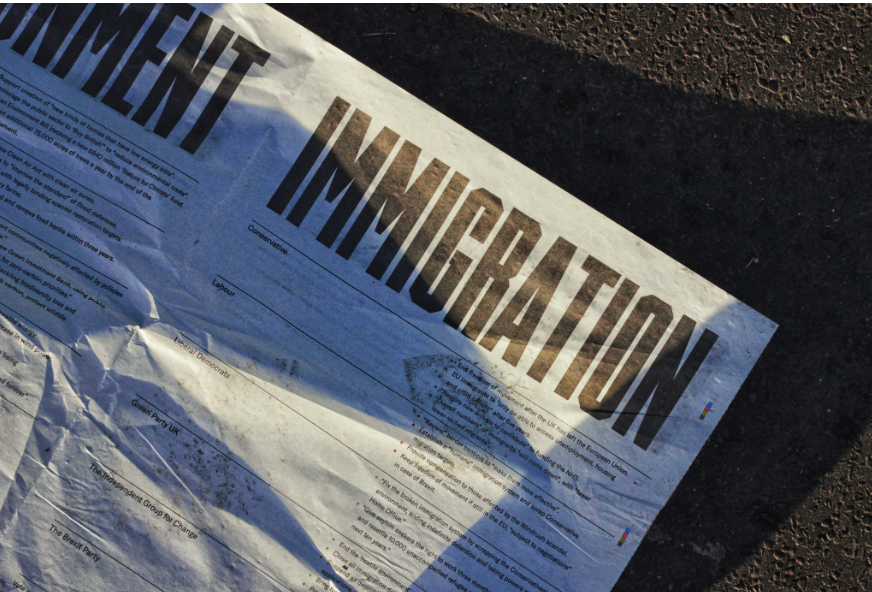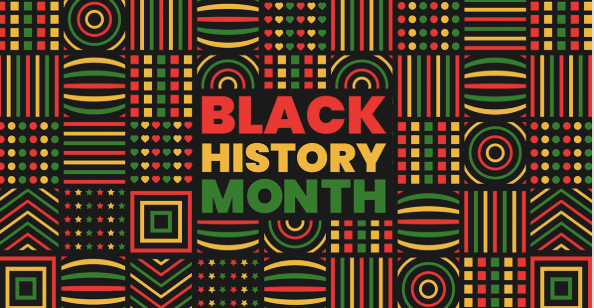- September 10th through 16th is Suicide Prevention Awareness Week.
- In 2020, 25.5% of American adults aged 18-24 reported that they had seriously considered suicide.
- “Climate breakdown has begun,” United Nations Secretary General António Guterres said in a statement released September 6th via the World Meteorological Organization. It’s almost difficult to pinpoint what he’s talking about, and the wider report provides little clarification: it could be the devastating wildfires in Maui or Rhodes, or the record-high ocean temperatures, or the flooding in Black Rock Desert and Death Valley, or any number of other weather catastrophes that the world as a whole has experienced in the last three months.
- South Georgia, to our credit, claimed a once-in-a-lifetime storm with the recent ravage of Hurricane Idalia, which intensified from a mild Category 1 storm to a Category 4 in less than twenty-four hours, defying even the most pessimistic predictions.
- A study published in the Lancet reported that 55.7% of children and young people across many countries feel that humanity is doomed. While “only” one in four college-aged adults may identify as being suicidal, a far greater number foresee a future that grows darker and darker by the day.
- While climate change is accelerating, it’s important to remember that what we may perceive as a downspiral of society is in reality an updraft of the information the average person has access to. We have always been aware of disasters, current or impending. The difference now is that we now can be aware of all of them, everywhere in the world, as soon as they happen. We have a young population who is capable of empathizing with anyone and everyone, with a direct line to catastrophe in their pockets, twenty-four seven.
- That prescient vision of climate change manifests as anxiety, depression, and a general feeling of futility about the world we live in. It weighs heavily on the youngest parts of our population—the ones who will be reckoning with the consequences of the rapidly changing world they witness every day—yet their fear and dread is minimized or pathologized, treated as a moral failing or an overreaction.
- Suicide prevention awareness is, then, not just an individualistic problem. It is not something to be discussed behind closed doors and in whispers, euphemistically and infrequently. Suicide isn’t an isolated phenomenon that happens to other people but never ourselves. Twenty-five percent of young adults have considered it, and fifty-five percent cannot see a broader future for their generation as a whole. Suicide prevention awareness is a year-round effort that acknowledges the complex structural issues that contribute to mental illness, as well as destigmatizing the struggle so many people face.
- Suicidal ideation is not a dirty, shameful thing, nor a personal flaw to be corrected alone. If you yourself haven’t experienced it, someone close to you likely has. Navigating our modern world means not only addressing the issue of suicide and mental health treatment, but on a personal level, reaching out to others and letting yourself be reached out to in return, establishing safe spaces and positive relationships for everyone, because everyone is at risk.
- Conversely, this means that everyone is experiencing versions of the same issues, and we all have this in common. Nobody is ever truly alone in what they feel.
The National Institute for Mental Health has five tips for suicide prevention:
- ASK: Be proactive and ask if they are considering self-harm. Remember that a significant portion of the population experiences suicidal ideation, and that knowing even one person notices and cares can be monumental to an at-risk individual’s recovery.
- KEEP THEM SAFE: In the case of an immediate threat of self-harm, remove potentially lethal items and disable potentially lethal methods for the at-risk individual. Develop a concrete plan together to ensure their physical safety. This can include social media or news sites, or any other potential triggers for a suicidal state of mind.
- BE THERE: The most vital suggestion for preventing suicide is to be a listening, loving presence to someone who is struggling. Allow them to speak about their thoughts and feelings in a safe environment without fear of judgment.
- HELP THEM CONNECT: There are many resources out there to help those at risk. The easiest one is the Suicide Crisis Lifeline, which can be accessed by dialing 988—put it in your contacts! Familiarize yourself with local organizations and resources for both crisis situations and general support, such as university mental health services and support groups.
- STAY CONNECTED: Again, suicide prevention doesn’t take a day, a week, or even a month to achieve. It is a regular fight. Keep asking questions and listening for answers, even after any immediate danger has passed. Celebrate victories, even the small ones. Grieve collectively. Love your friends, and almost more importantly, those who aren’t your friends. Take care of one another, and let yourself be taken care of.






